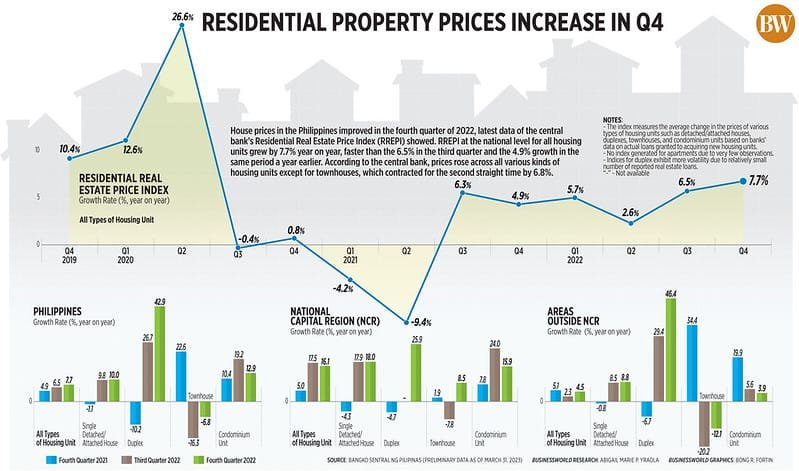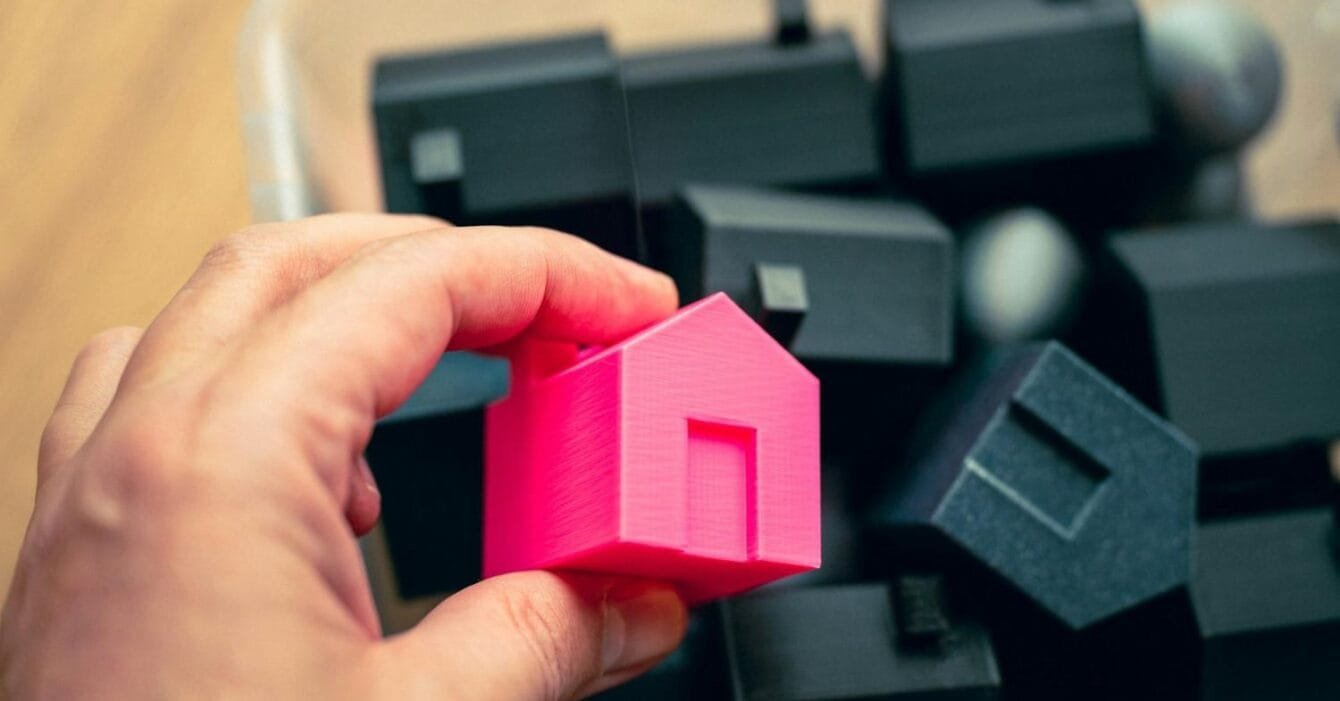The Philippine residential property market is proving resilient in 2025 despite economic headwinds. In Metro Manila, home prices rose 6.5% year-on-year by mid-2025, showing that demand in the capital remains strong. Yet, developers are increasingly looking beyond the metro, using Philippines RE Price Concessions and incentives to attract buyers in fast-growing secondary cities.
Rise of the Philippines RE Price Concessions

One clear trend is the rise of Philippines RE Price Concessions. Developers are offering aggressive promotions to secure buyers and sustain project momentum. These concessions have already paid off, with project cancellations falling by 25% in 2025. The strategy has improved buyer confidence while giving developers breathing space in a competitive market.
Why Secondary Cities Are Becoming Attractive
In Metro Manila, prices are projected to grow just 2.2% annually through 2026, signaling a flattish recovery phase. This has shifted attention to cities such as Cebu, Davao, Bacolod, and Pampanga, where growth is stronger and affordability is higher. Cebu, for example, has posted 3–7% annual increases in housing prices, outpacing the capital. These gains, paired with lower property costs, make Cebu one of the most attractive hubs for investors seeking better value.
Read Also: Cost and Eco Wins from Philippines Modular Construction Adoption
Secondary markets are also rich in opportunities for buyers. Condominium units in cities like Davao and Bacolod are often priced at half the cost of new builds in Metro Manila. This price gap highlights the appeal of secondary city properties, where buyers can secure quality housing without the capital’s high costs. For many families, these deals are a gateway to homeownership that would otherwise be out of reach.
Incentives and Payment Flexibility
Developers have fueled this trend with flexible payment schemes, extended financing terms, and bundled incentives. Discounts on down payments, waived fees, and promotional financing packages are now standard in many projects outside Metro Manila. These perks encourage more buyers to look outside the capital, while helping developers achieve faster turnover and healthier balance sheets.
Government Programs Support Secondary Growth
The government has also played a role in shaping the new market dynamic. The 4PH Program, which prioritizes affordable horizontal housing such as townhouses, is expanding beyond the capital into secondary cities. By promoting accessibility and affordability, government housing projects strengthen the pipeline of buyers who can benefit from lower prices and improved financing conditions.
A Positive Turn: Financing for Philippines RE Price Concessions
Adding to this momentum, interest rates for housing loans are expected to fall to around 4.75–5% by the end of 2025. Lower financing costs will make homeownership even more accessible, particularly for young families and middle-class buyers in cities outside Metro Manila. Combined with price concessions and strong developer activity, these financing trends could create a sustained boost in property demand across the country.
Read Also: The Rise of Freelance Economy Philippines Young Talent
Investors Look Beyond the Capital
For investors, the story is equally compelling. Secondary cities are no longer peripheral markets; they are becoming central to long-term growth strategies. Major developers are expanding into Cebu, Bacolod, and Pampanga, anticipating that future demand will concentrate outside the capital. As a result, buyers who enter these markets today stand to benefit not only from discounts but also from steady price appreciation in the years ahead.
Philippines RE Price Concessions: Market Momentum Shifts to Secondary Cities
In summary, the Philippine housing market is experiencing a shift in momentum. While Metro Manila continues to see modest growth, it is the secondary cities where the most dynamic changes are happening. Through Philippines RE Price Concessions, government support, and improving financing conditions, the residential property sector is opening new doors for both homebuyers and investors.

